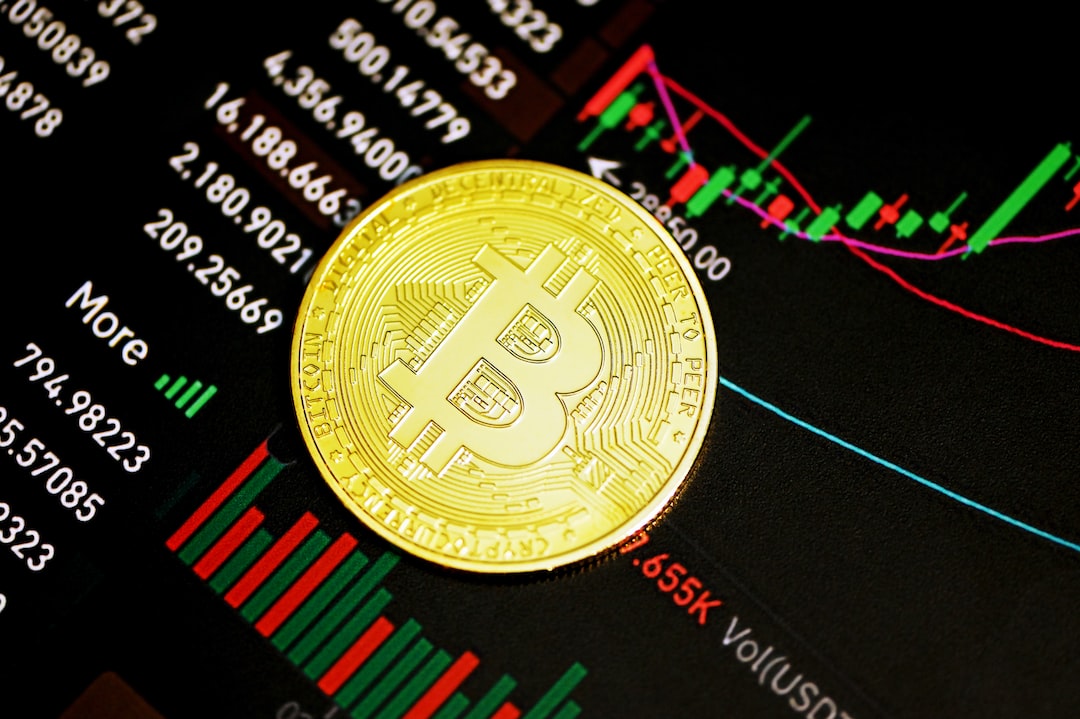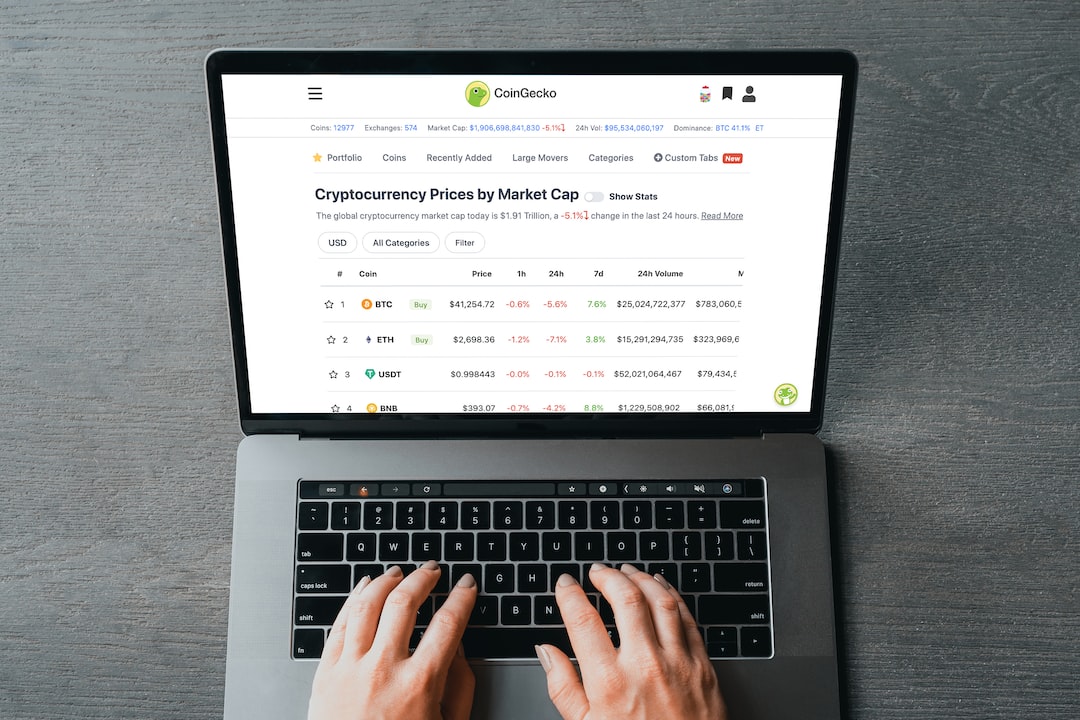A recent report published by the United Nations has raised concerns about the use of Tether’s USDT stablecoin for money laundering and fraudulent activities in Southeast Asia. The report highlights the growing abuse of USDT, particularly in the realm of illegal online gambling platforms. According to the report, criminals have been using USDT as a preferred choice for cryptocurrency-based money laundering. This alarming trend calls for increased regulation and monitoring of USDT transactions.
The Observations of the United Nations Report: Tether’s USDT Mainly for Online Gambling Activities
The United Nations report emphasizes that online gambling platforms operating outside legal boundaries have become hotspots for cryptocurrency-based money laundering. Among criminals, Tether’s USDT has emerged as a favored option. This revelation aligns with Tether’s previous collaboration with the US Department of Justice to freeze $225 million in USDT linked to an international human trafficking group orchestrating a scam in Southeast Asia.
The report not only identifies the problem but also highlights law enforcement efforts to dismantle money laundering networks involved in illicit transfers of Tether funds. For instance, authorities in Singapore successfully dismantled a network engaged in such activities, resulting in the recovery of approximately $735 million in cash and cryptocurrencies.
Tether’s Response and Collaboration Measures
The report prompts reflection on Tether’s role in combating illicit activities, particularly in Southeast Asia. Tether’s collaboration with the US Department of Justice demonstrates its commitment to limiting the misuse of its stablecoin. Ongoing cooperation between cryptocurrency platforms and law enforcement is crucial to addressing emerging threats.
As Tether’s USDT faces scrutiny for facilitating fraudulent activities, regulatory bodies in Southeast Asia may intensify their efforts to monitor and regulate cryptocurrency transactions. The evolving landscape calls for a dynamic regulatory framework that can keep up with emerging challenges and ensure a safe and transparent financial ecosystem.
Conclusions
The United Nations report on Tether’s USDT highlights an urgent problem in the Southeast Asian cryptocurrency landscape. The significant role of USDT in money laundering and scams, particularly within illegal online gambling platforms, demands immediate regulatory attention and collaborative action. Tether’s collaboration with law enforcement demonstrates a proactive approach to mitigating abuses.
However, the evolving nature of cryptocurrency-related crimes requires ongoing vigilance and cooperation. Regulatory bodies must respond to the challenges posed by USDT’s involvement in illicit activities by establishing a dynamic regulatory framework that safeguards the integrity of the financial system.
The United Nations report serves as a catalyst for increased control and emphasizes the need for cryptocurrency platforms like Tether to align with global efforts in combating financial crimes. Promoting a secure and transparent cryptographic environment necessitates continuous adaptation to emerging threats, ensuring the credibility of digital financial transactions in the region.
Hot Take: Tether’s USDT Raises Concerns for Money Laundering and Fraudulent Activities in Southeast Asia
A recent report from the United Nations has shed light on the concerning use of Tether’s USDT stablecoin in money laundering and fraudulent activities within Southeast Asia. The report highlights the growing abuse of USDT, particularly within illegal online gambling platforms. Criminals have been found to favor USDT for cryptocurrency-based money laundering, calling for increased regulation and monitoring of USDT transactions.
The report also underscores law enforcement efforts to dismantle money laundering networks involved in illicit transfers of Tether funds. This necessitates ongoing collaboration between cryptocurrency platforms and law enforcement agencies to combat emerging threats.
Tether has responded to these concerns by collaborating with the US Department of Justice, demonstrating its commitment to curbing the misuse of its stablecoin. However, as regulatory bodies in Southeast Asia intensify their efforts to regulate cryptocurrency transactions, a dynamic regulatory framework is needed to address the evolving challenges and ensure a safe financial ecosystem.
In conclusion, the United Nations report highlights the urgent need for regulatory attention and collaborative action to address the misuse of Tether’s USDT in Southeast Asia. Ongoing vigilance and cooperation are crucial in combating cryptocurrency-related crimes, safeguarding the integrity of the financial system.





 By
By
 By
By
 By
By
 By
By
 By
By